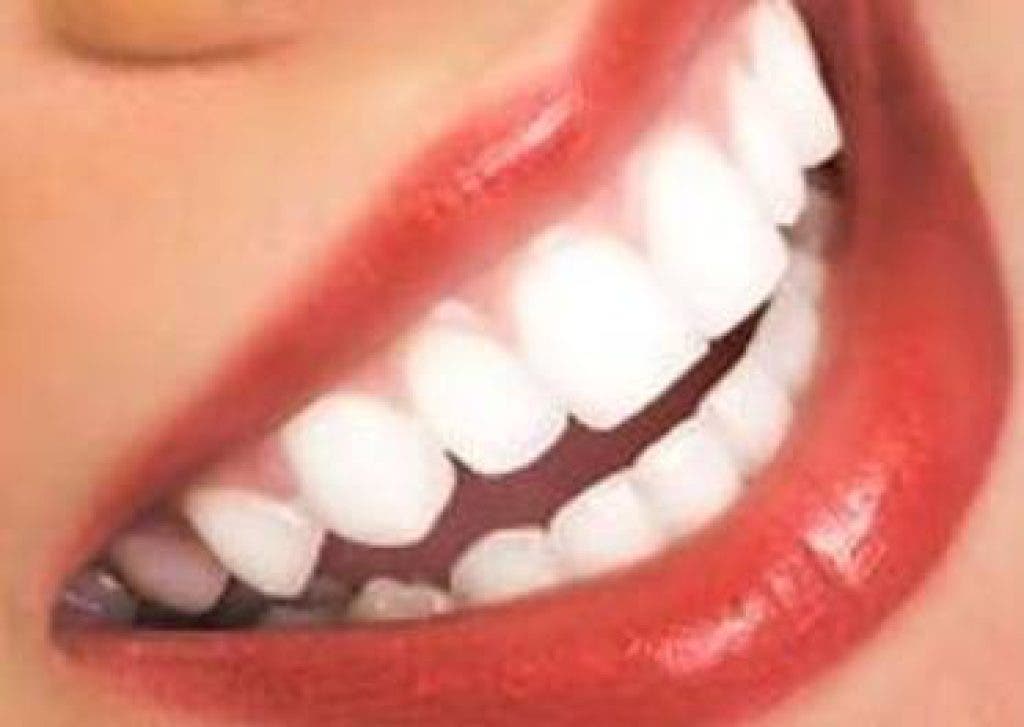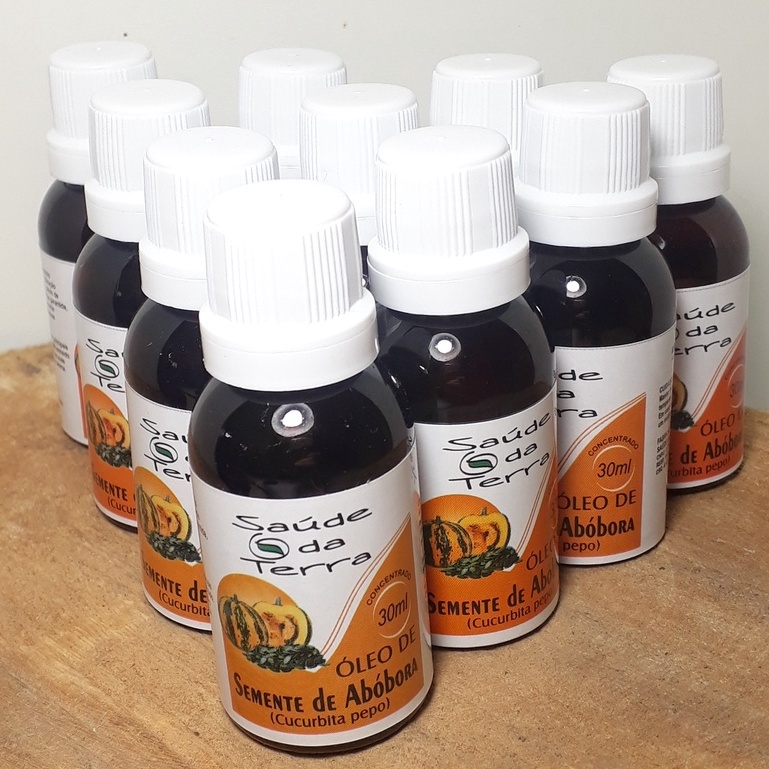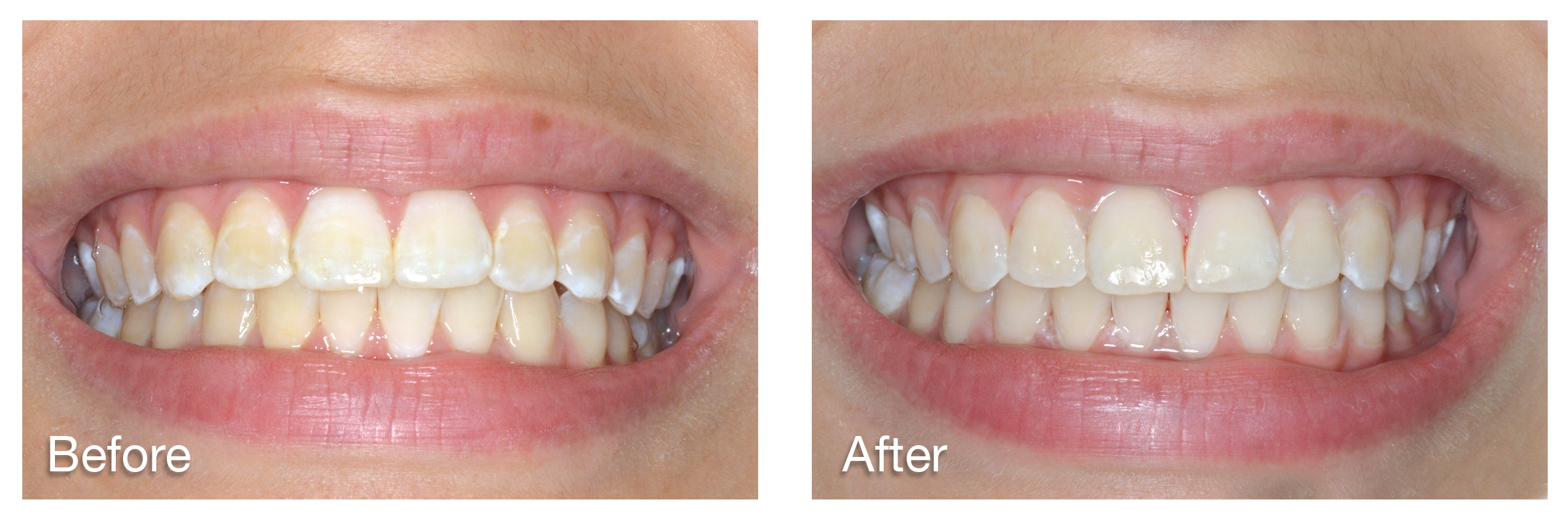What Causes Bruised Teeth? Relief Solutions

Bruised teeth, also known as tooth bruising or dental ecchymosis, occur when blood vessels in the tooth or surrounding gum tissue are damaged, leading to bleeding and discoloration. This condition can be painful and may cause concern about the appearance and health of the affected tooth. Understanding the causes of bruised teeth is essential to determining the best course of treatment and relief solutions.
One of the primary causes of bruised teeth is trauma. A blow to the mouth or face can cause the blood vessels in the tooth or gum to rupture, leading to bruising. This type of injury can occur during sports, accidents, or even simple everyday activities like biting into something hard. Trauma can also cause the tooth to become luxated or partially dislodged, which can lead to bruising and discomfort.
Another common cause of bruised teeth is dental procedures. Certain procedures, such as root canals, dental implants, or tooth extractions, can cause bruising due to the manipulation of tissues and blood vessels. In some cases, the bruising may be a temporary side effect of the procedure, while in other cases, it may be a sign of a more serious complication.
Gum disease is another potential cause of bruised teeth. When gum disease, also known as periodontal disease, advances, it can cause the gums to become inflamed and the blood vessels to become damaged, leading to bruising. This condition can be painful and may cause the teeth to become loose or sensitive.
Poor oral hygiene can also contribute to bruised teeth. Failing to brush and floss regularly can lead to the buildup of plaque and tartar, which can cause inflammation and damage to the gums and blood vessels. This can increase the risk of bruising and other oral health problems.
In addition to these causes, Certain medications can also increase the risk of bruised teeth. For example, anticoagulant medications, such as warfarin, can thin the blood and make it more prone to bleeding, which can lead to bruising.
Relief Solutions
If you are experiencing a bruised tooth, there are several relief solutions that can help alleviate discomfort and promote healing. One of the most effective ways to relieve pain and reduce swelling is to apply a cold compress to the affected area. This can help constrict the blood vessels and reduce bleeding.
Over-the-counter pain relievers, such as ibuprofen or acetaminophen, can also help manage pain and discomfort. However, it is essential to follow the recommended dosage and consult with a dentist or healthcare professional before taking any medication.
Desensitizing toothpaste can also help alleviate sensitivity and discomfort associated with bruised teeth. These toothpastes contain ingredients like potassium nitrate or strontium chloride, which can help block the dentinal tubules and reduce sensitivity.
In some cases, professional treatment may be necessary to relieve discomfort and promote healing. A dentist may recommend root canal therapy or crown placement to repair damaged teeth or restore oral function.
Preventative Measures
While bruised teeth can be unpredictable, there are several preventative measures that can help reduce the risk of this condition. Practicing good oral hygiene, including regular brushing and flossing, can help prevent gum disease and reduce the risk of bruising.
Wearing a mouthguard during sports or other high-risk activities can help protect the teeth and mouth from trauma. Avoiding hard or crunchy foods can also help reduce the risk of chipping or cracking teeth, which can lead to bruising.
Regular dental check-ups can also help identify potential oral health problems early on, reducing the risk of complications and promoting overall oral health.
What is the main cause of bruised teeth?
+The main cause of bruised teeth is trauma, which can occur due to a blow to the mouth or face, causing blood vessels in the tooth or surrounding gum tissue to rupture.
Can dental procedures cause bruised teeth?
+Yes, certain dental procedures, such as root canals, dental implants, or tooth extractions, can cause bruising due to the manipulation of tissues and blood vessels.
How can I relieve discomfort and promote healing for a bruised tooth?
+Applying a cold compress, taking over-the-counter pain relievers, and using desensitizing toothpaste can help alleviate discomfort and promote healing. In some cases, professional treatment may be necessary.
In conclusion, bruised teeth can be a painful and concerning condition, but understanding the causes and relief solutions can help alleviate discomfort and promote healing. By practicing good oral hygiene, wearing a mouthguard, and seeking regular dental check-ups, individuals can reduce the risk of bruised teeth and maintain overall oral health. If you are experiencing a bruised tooth, it is essential to consult with a dentist or healthcare professional to determine the best course of treatment and relief solutions.

